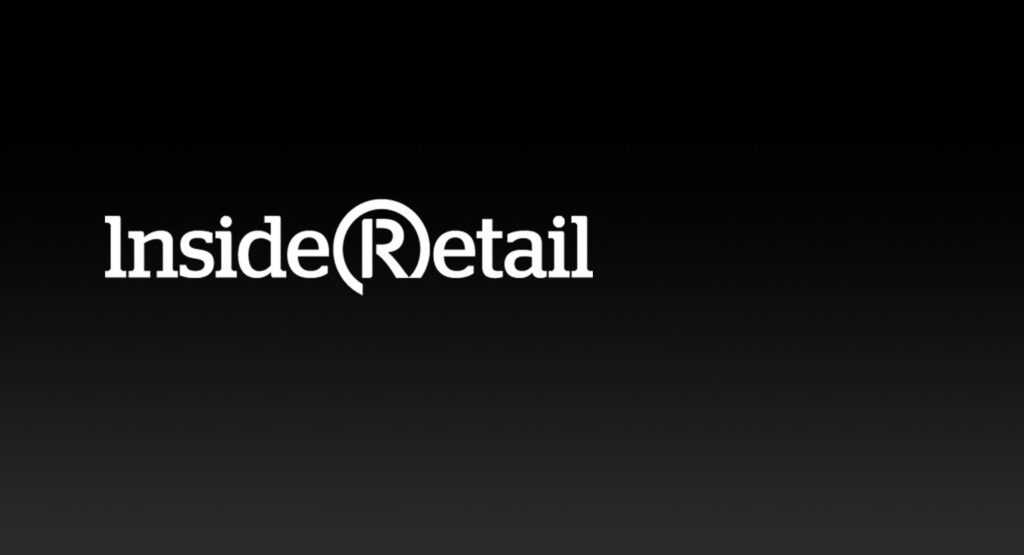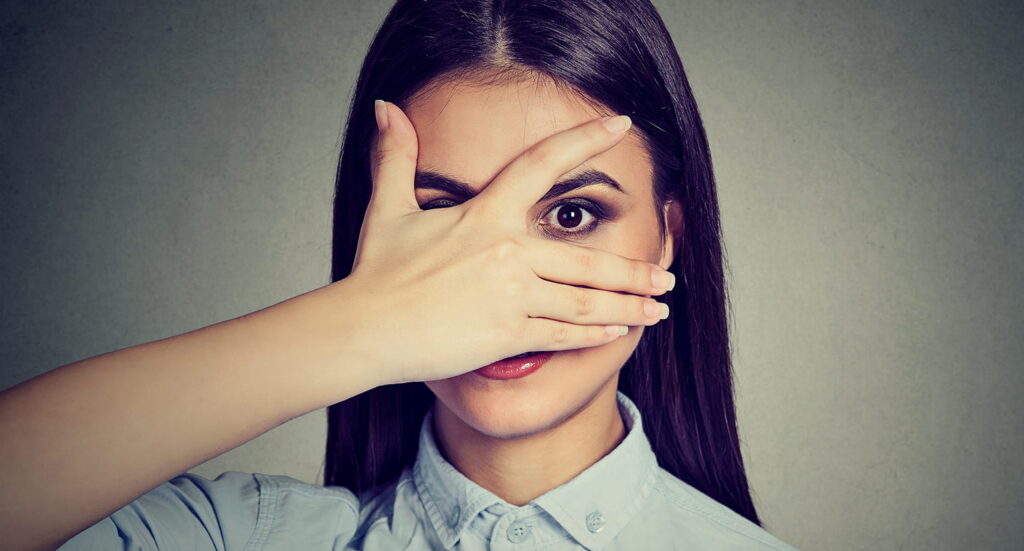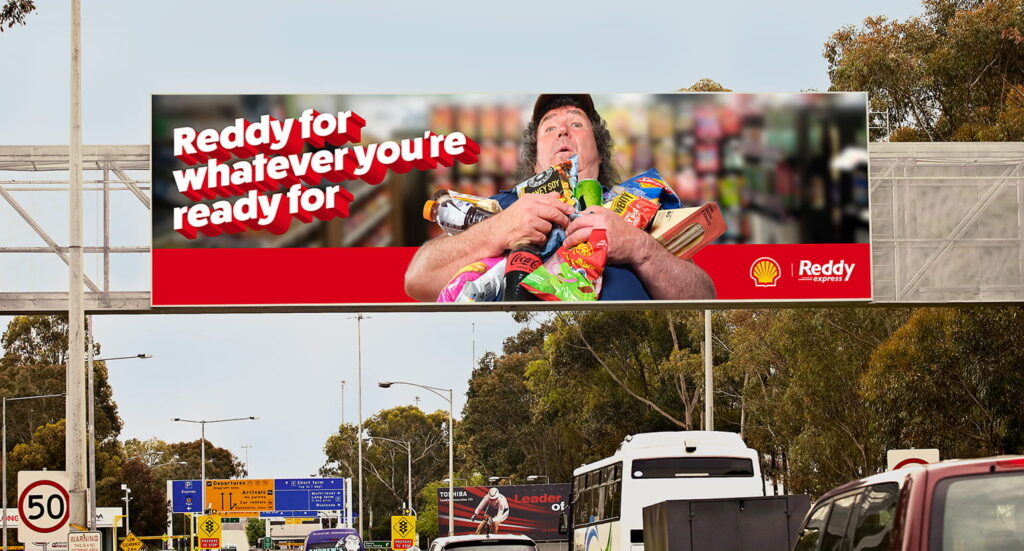The four Ps – product, price, place and promotion – have been the strategic marketing pillars of business for longer than even I’ve been in the game. Their use, and attendant monitoring of their progress, create the hard measures on which retailers and brand marketers live and die.
Seemingly ‘soft and fluffy’ attributes, such as sustainability, ethics and how the business treats its staff, once took a back seat to these differentiators. But in recent years, these soft measures have been gaining hard traction.
Aussie research firm The Lab states that the past decade has seen a growing demand for business to be a positive force for good, with ASX-listed brands that care about doing good achieving 14 times higher market performance.
The Australia Project, a research piece The Lab conducted, which analysed 150,000 pieces of content with artificial intelligence, found 80 per cent of Australians reckon businesses should be “doing good”. And research by McCrindle tells us 57 per cent of consumers have increased engagement with organisations that behave ethically.
It’s hard not to see the pandemic as a major catalyst in this and, indeed, detailed qualitative research conducted by Lewers Research found that despite challenges and hardships, positive changes emerged from Covid-19, including support for local businesses, readiness for future crises, and people generally being kinder to one another.
We’ve been hearing things like this for a while but if you’re still in any doubt about just how important these issues are to people, you only need to look at the results of the recent federal election. Australians voted with their feet, withdrawing their support from parties they saw to be misaligned with their views on these once soft measures.
The challenge
The question for retailers then becomes what happens to those four Ps if they’re now competing with a set of freshly minted hard measures that are dictating purchasing behaviour?
Have we conditioned people to assume performance against original hard measures will be automatically taken care of – you can get what you want for the right price in the right size at the right time? Are they still table stakes? Or are people prepared to forgo some of them to prioritise ethically produced products from a company that does right by its staff? Will people be accepting slightly inferior products or higher prices to support those formerly soft measures?
Performing well against more measures is even more challenging with pandemic-driven supply-chain disruptions and delivery services that are still struggling to catch up with the rapid increase in online shopping. In this tough climate, many brands are unable to deliver well on the four Ps and now they’re expected to lift their game on a whole new range of requirements.
For many retailers, these new measures are things they might have been thinking they’d get to one day. That day is now here. So you need to get your house in order.
And this isn’t something you can fake until you make it. Authenticity and clear communication are important. Don’t claim to be doing things you aren’t, as people’s bullshit detectors are on high alert. Research from The Australia Project highlights the importance of honesty. This value has emerged as the most important for Australians, and there has also been a 25 per cent increase in the importance of empathy – a trait on which our new prime minister successfully campaigned. We’re seeing it in signs in stores and on-hold message recordings, as businesses ask us to be kinder to their staff. And it’s a trend that’s not going away anytime soon.
Who’s doing it well?
Take the lead of brands including NRMA and Bank of Australia, which were identified by the Lab’s Forces for Good report. NRMA has become known for empathetic treatment of its customers, reflected through its advertising campaigns. Far from a budget brand in the insurance category, its members are open to paying a little more for a higher level of service that includes giving new home insurance customers a fire blanket – a gift with purpose.
Bank of Australia, meanwhile, markets itself as Australia’s first customer-owned bank. It is a B Corp and makes decisions that “have a positive impact on people, communities and the planet”, such as investing in a conservation reserve that is home to 225 native plants and 234 native animal species. It’s not just about fattening an already fat bottom line.
From a retail perspective, the oft-cited Kiwi-created shoe brand Allbirds is leading the change, with its sustainable-but-not-as-cheap-as-Amazon knock off shoes.
Closer to home, Boody, another B Corp, uses bamboo and organic cotton materials and recently partnered with Dr Jane Goodall for an advertising campaign to remind customers that even small decisions – such as where you buy undies – can have an impact on the planet. We’re not talking a Kmart four-pack of knickers here; the sustainable fabrics fetch a premium on run-of-the-mill Reg Grundies.
In the rush to cater to a more discerning Australian consumer, I don’t reckon we’re going to forget about the four Ps. Instead, it’s going to be up to your business to work out how to balance all this. As Scott Morrison will attest, right now, your brand is stuffed if you ignore them.




